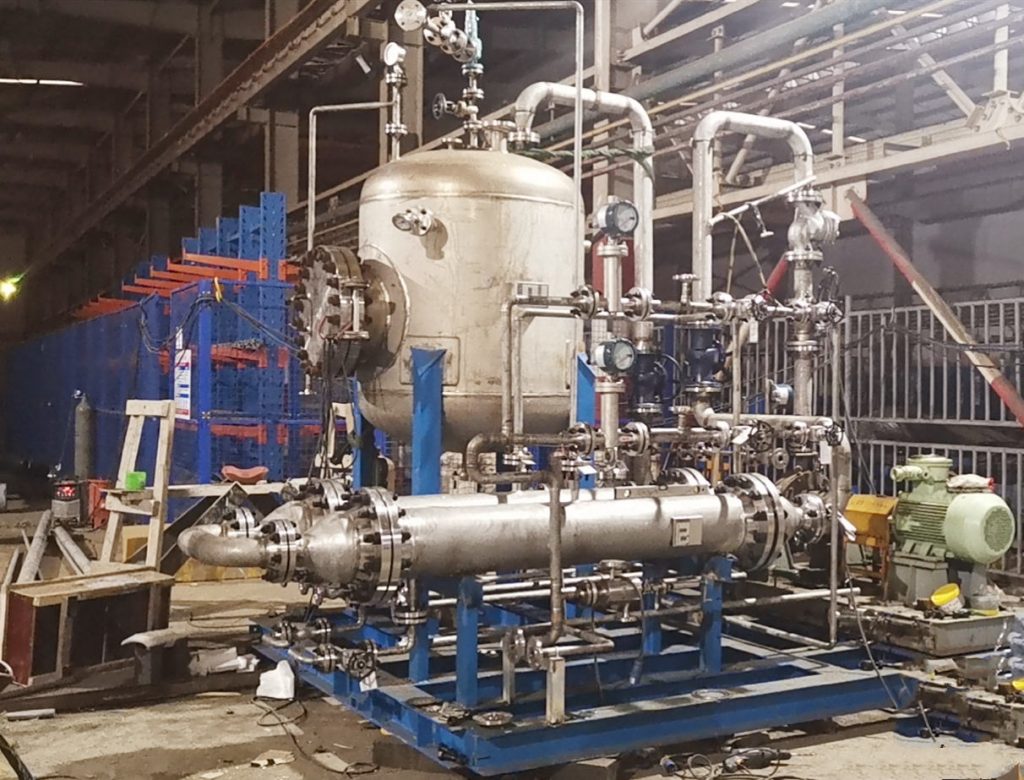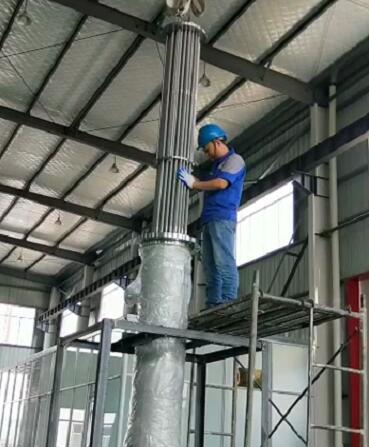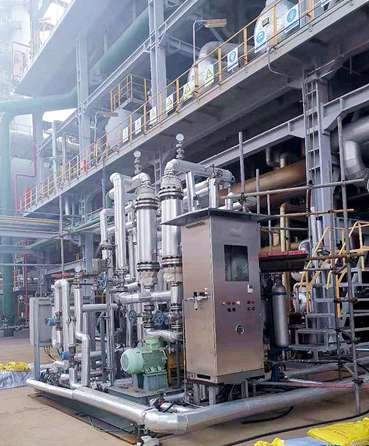“Gasoline, Kerosene and diesel are the important fuels, all those are sourcing from Petroleum Refining. Petroleum which named as “Blood of Industry” is hardly used as above fuel directly, it has to been re-processing to gasoline, kerosene or diesel for further using. FCC is the most important convert method for Petroleum to fuel.
Almost everyone knows that FCC is the key secondary processing unit of Petroleum refinery and the most profitable unit in Refining plants. The status of FCC unit in refineries is declining caused by the hitting of Hydrogenation cracking technology development. As well as the pressure of environment protection & additional value increasing, how to improve the FCC process to keep it profitable becomes more and more urgent.
Firstly, challenge of regenerated flue gas treatment.
The regenerated flue gas means the exhaust gas after fluidized bed regenerator. In addition to the acid gas such as CO2, there are also plenty of catalyst particles, which are easy to block and wear downstream heat exchangers and pumps and valves. Due to the high temperature and large volume of the regeneration flue gas, it is very difficult to completely remove the catalyst particles directly at the outlet of the regenerator.
Secondly, problem of the oil slurry treatment.
The oil slurry is a by-product with very special properties produced during the catalytic cracking process. A large number of condensed aromatic hydrocarbons with short side chain in the slurry are used to produce High-quality raw materials for high value-added products such as carbon black, needle coke, carbon fiber, rubber softeners and filler oils, plasticizers, asphalt, and heat transfer oil, but deep processing requires low content of solid catalyst particles, the actual amounts of particles usually made the oil slurry restricted.
Currently, many oil refineries in China are cooperating with Shinkai, based on our rich engineering experiences in high temperature gas-particles removal and residual oil filtration.
Treatment of regenerated flue gas, the particles can be removed by Shinkai’s high-temperature gas-solid on-line blowback filtration system. At present, in some more harsh operating conditions, Shinkai’s filters have been successfully operated for many years without any manual operation and after-sales maintenance, and pressure drop stable at 3-5kpa.
Treatment of oil slurry, it is difficult to filter the catalytic oil slurry, because there is a large amount of colloid, which will block the filter elements. Through continuous exploration and pilots, Shinkai developed a set of oil slurry purification crossflow filtration system. The crossflow filter can self-clean the gum and filter cake on the surface of the filter element, which is not easy to be blocked. At present, this system has been successfully used in a scaled state-owned refinery in China. The solid content of the filtered oil slurry is less than 2ppm, which increasing the possibility for further processing of the oil slurry.”



